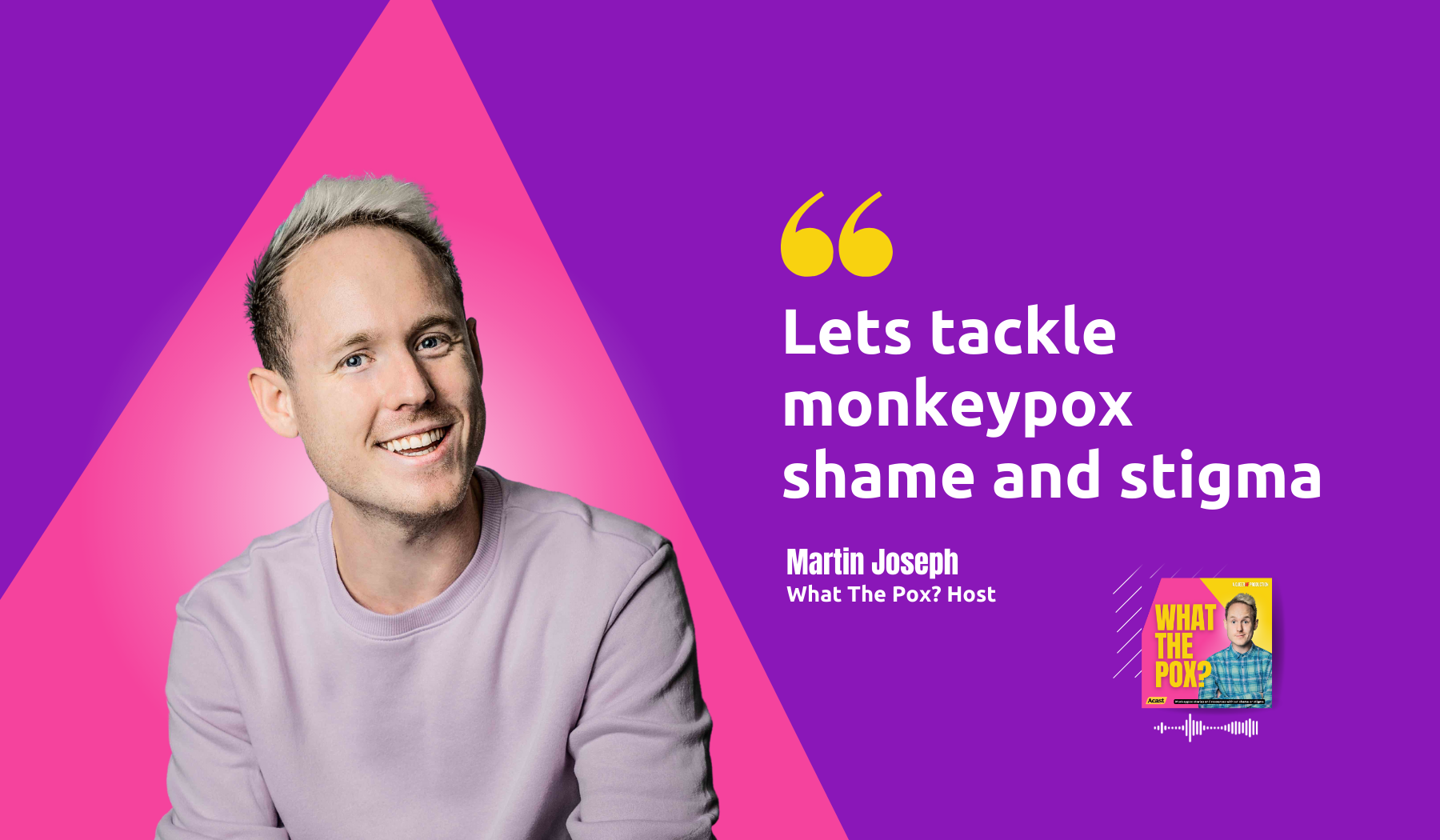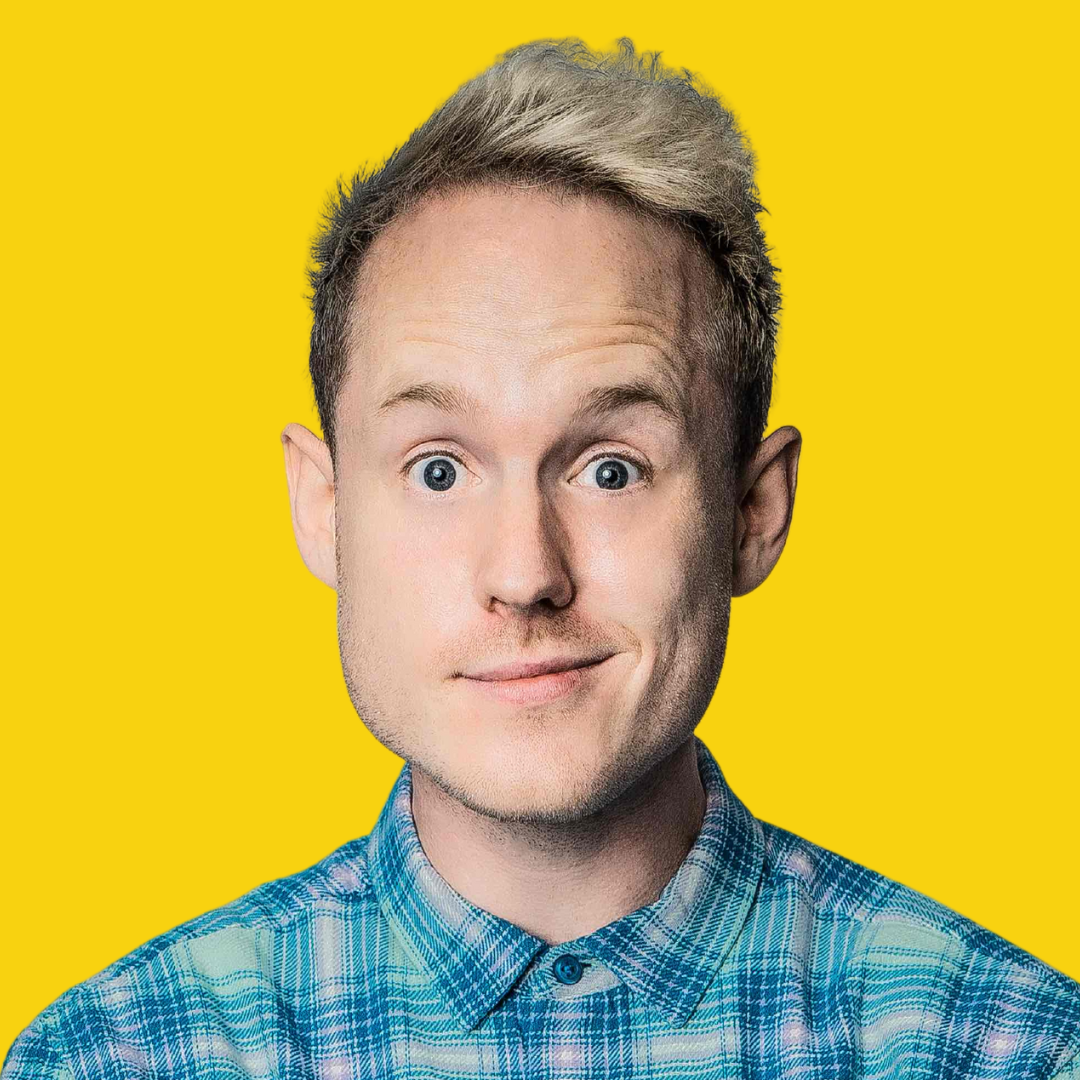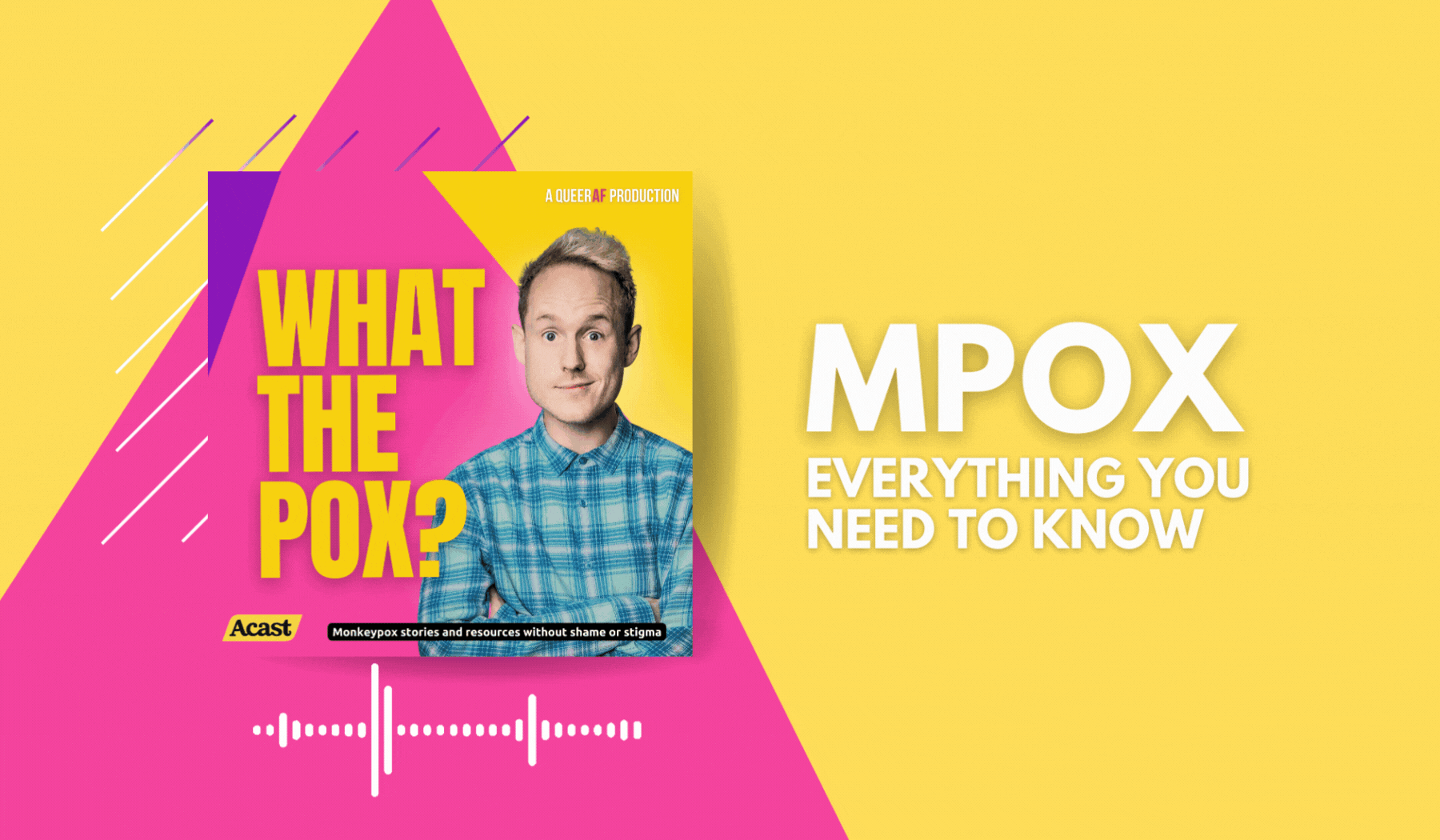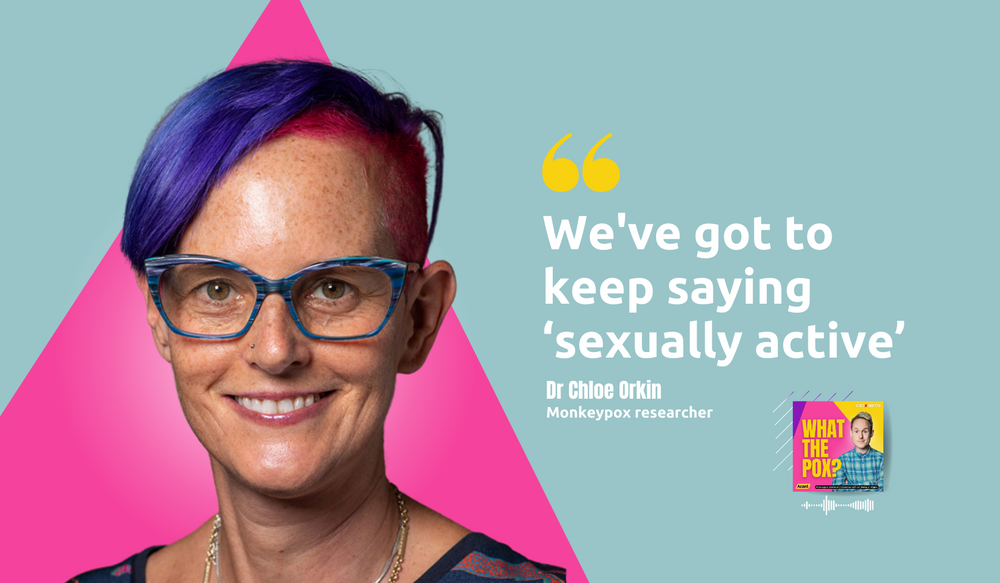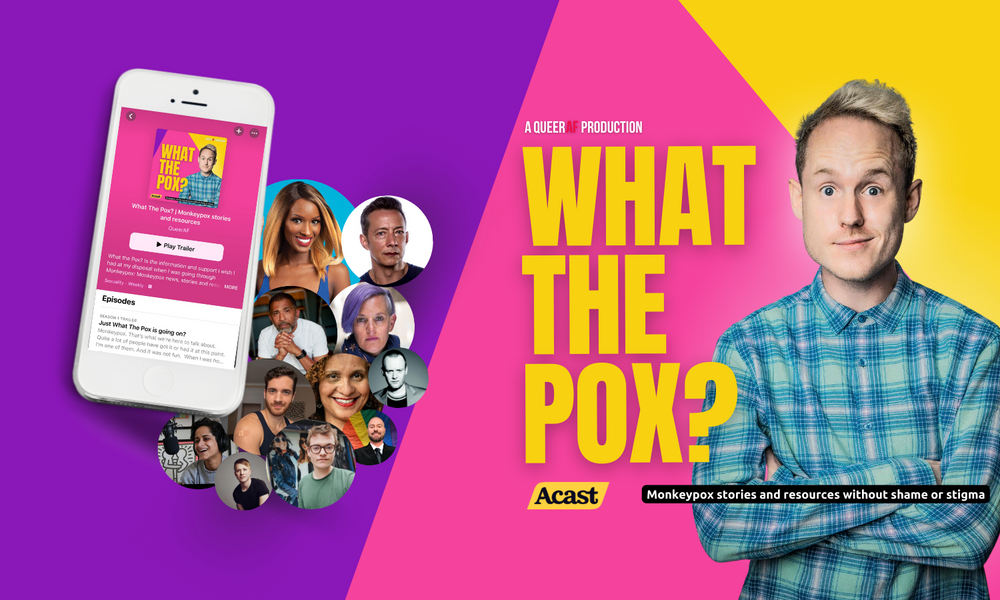
On the 11th of July this year, my heart sank. Bedridden for a few days with a fever that just wouldn’t shift – and several negative flow tests. But it wasn’t Covid.
I’d been at London Pride the week before. With all those people in one place, this seemed a likely conclusion, but the voice in the back of my head kept whispering the alternative.
By then, we'd all heard about monkeypox, this new virus that was doing the rounds. But it felt more like legend than reality. I had seen a few posts online, but what are the chances, eh?
Sure enough, on Monday morning, when I looked down at my hand, there was a little pimple there to greet me. Surely not? I began to check my body, and yes, this little fella had a few friends. Everything just stopped.
What was I going to do? What was going to happen to me? Am I going to be covered in lesions like the few images I had seen? What would I tell people?
I made a swift call to my usual sexual health service and was seen that day. After a few tests, I was sent home and told to isolate and ‘take paracetamol'.
In truth, they seemed to be as unsure as I was. They answered my questions with, “we don’t know”. This was so new; nobody knew or at least didn’t know enough.
My monkeypox journey felt like an age. My symptoms presented in intimate areas more than they did across my body. I felt discomfort and pain. This was different to what the official descriptions of symptoms detailed. And, alongside all of that, I felt an overwhelming sense of shame.
I scoured the internet for information and what I found was that, well, there wasn’t a lot of official information. I needed answers, and trust me, typing the words ‘Gay’ and ‘Monkeypox’ into Twitter takes you into a dark rabbit hole of Homophobia that nobody needs to read.
But, among the darkness, there was some light. I found posts of people sharing their stories and tips for getting through this. Brave LGBTQIA+ community members opened up to tell each other they are not alone.
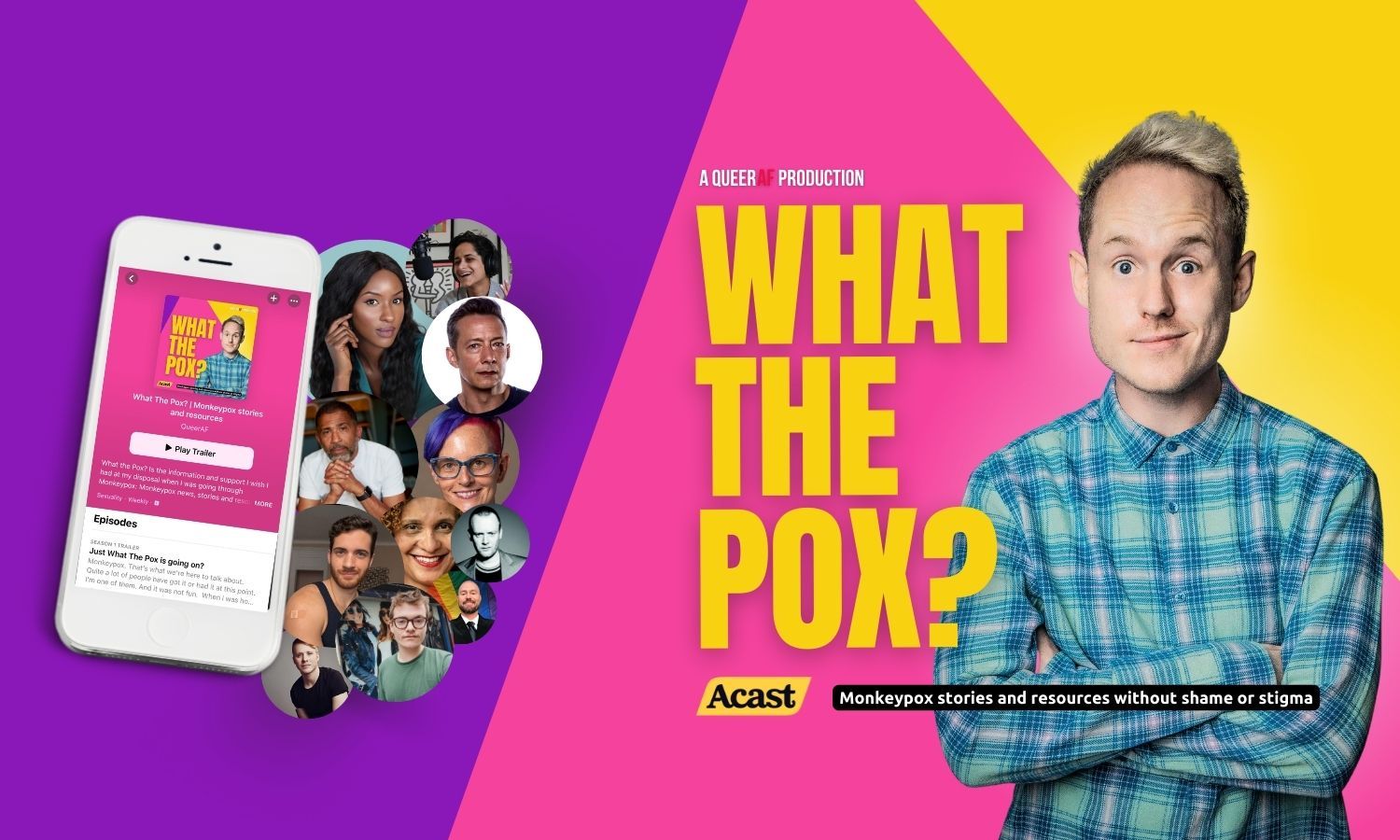
I can honestly say I don’t know how I would have gotten through my experience without those people – strangers who had written words online that were somehow helping me in the darkest, most painful moments.
I had to wade through so much negativity to find this, and I thought about others doing the same. I decided I needed to share my story too. Quite simply because nobody official was providing the information I desperately needed.
What The Pox? is for your toughest moments after your monkeypox diagnosis – those nights when you can’t sleep because of the pain. So you know you are not alone in this; that it will get better, and you have nothing to feel ashamed about.
I needed something that would allow me to focus on healing without all the noise. I use the word ‘noise’ loosely because there has been a great silence around monkeypox, and this can be the loudest sound of all.
That's why everyone needs to understand why this virus is moving between people – and start talking about it.
As queer people, we need to make our voices heard when we are being impacted. And ultimately, it's super queer to create something because the ‘official people’ haven’t.
So this is it, and I hope we can all find a way to share our monkeypox stories and tackle the shame and stigma I felt about telling mine.

We've supported Martin Joseph to make his podcast What The Pox? not because we think it will get loads of listens. We didn't make it because we thought it would make us loads of revenue. We did it because it's vital information no one else is providing.
Crucially, we only knew this because he came to us and told us his experince - and that's guided us ever since. The response to the show already has shown just how important it will be.
Unlike the rest of the media, we make decisions based on what the community says it needs. We trust lived experience to guide us, not clicks.
It's why I love reading the replies I get from our newsletter every week. It's why I'm so grateful QueerAF members set a clear agenda for what content we should commission when they sign up. It's why I feel incredibly lucky to work with queer and underrepresented voices.
We can change the media and our world by lifting them up and kick-starting their careers together. If you can, take a look at our membership page and see how you can support us.

